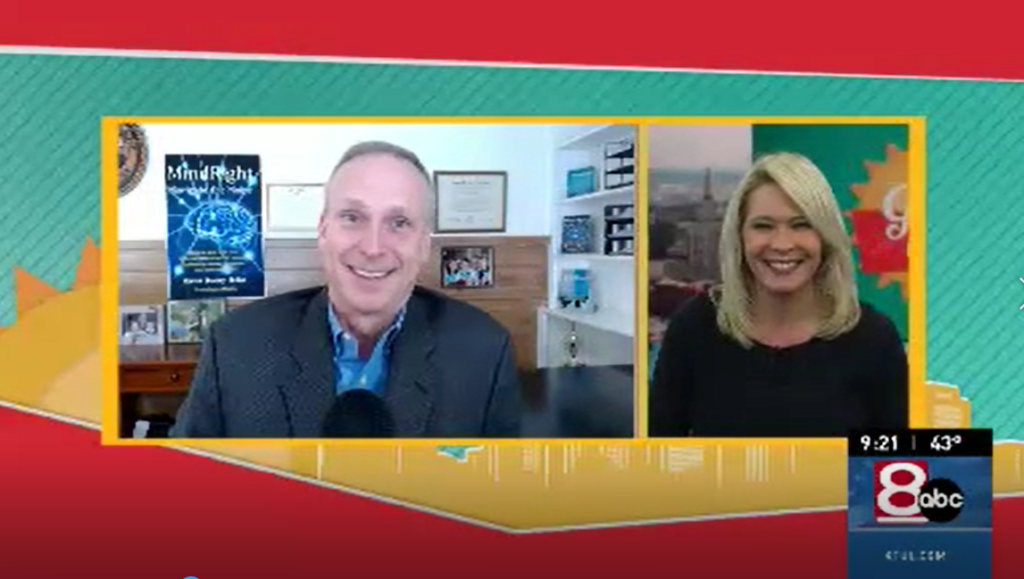Article
5 Ways to COVID-Proof Your Career and Sanity

Click the image above to see my segment on this from the ABC Good Day Show.
With one out of every four American’s working from home, millions are wondering how to separate work/home life, schedule, meet deadlines, and stay motivated. Below are 5 things that can help:
- GET YOUR MINDRIGHT. Don’t minimize the pandemic and your struggles, but don’t maximize it either. We’re also facing a pandemic of toxic thoughts and contagious negativity- fight back against them. Find the silver lining and the reasons to feel gratitude. Think of this time as an opportunity – rather than a burden. Figuring out new ways to create, collaborate, and solve problems is an excellent brain booster.
- SET BOUNDARIES. The line between work and home-life is now blurred. Set boundaries for yourself. For example, you can make a rule that as soon as the clock strikes 6 PM, you don’t check email or your phone for an hour. When I was in the military they would play Taps at the end of the day- create a similar ritual for yourself. Quarantine all work materials and its associated stress to one part of your living space.
- DITCH THE MICRO DISTRACTIONS. Technology is great – until it’s not. Our collective “Fear of Missing Out” (FOMO) is at an all-time high. But checking your tech constantly could actually be doing more harm than good. Studies show that these micro distractions can cost us valuable time – because every time we check our messages it takes us over 5 minutes to fully refocus at the task at hand.
- WORK IN BURSTS. The Pomodoro Technique was introduced in the ‘80s – it’s a great time management method. Work in short bursts (25 minutes), separating them with breaks. Use a timer. The goal is to reduce the noise – the internal and external distractions which can throw us off our game and to create some small victories which generate momentum.
- GET YOUR Z’S. A lot of us are sleeping worse in the Pandemic. Fight for your sleep and make the tough decisions in order to ensure you get enough.
Benefits:
- You recover from distractions faster.
- You’ll make better decisions.
- Your memory will improve.
- You’ll make fewer mistakes.
- You’ll prevent burnout.
- You’ll reduce anxiety and risk for depression.
Sign Up!
Contact Us
Recent Posts
Archives
- May 2024
- March 2024
- December 2023
- October 2023
- August 2023
- June 2023
- April 2023
- March 2023
- January 2023
- October 2022
- September 2022
- July 2022
- May 2022
- March 2022
- January 2022
- November 2021
- October 2021
- August 2021
- May 2021
- April 2021
- February 2021
- January 2021
- November 2020
- October 2020
- August 2020
- June 2020
- May 2020
- April 2020
- April 2018
Categories